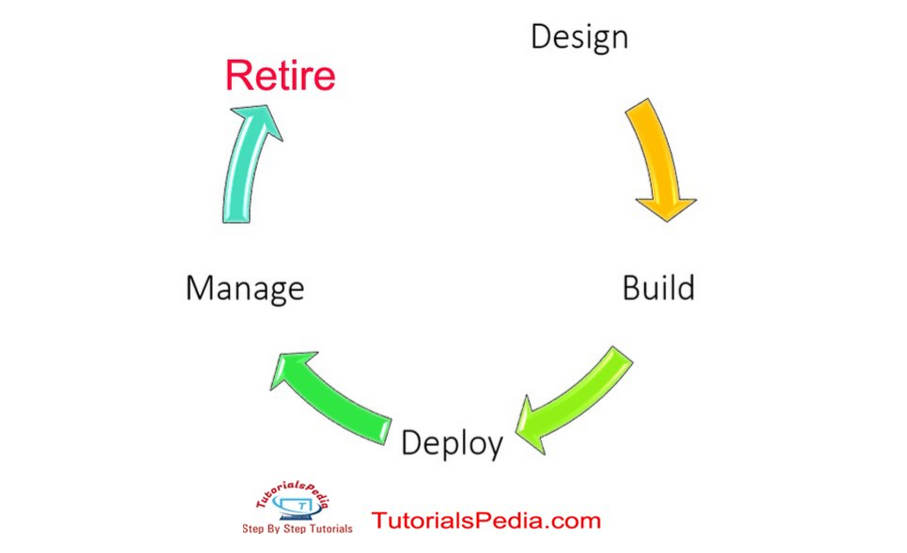MuleSoft API Lifecycle Management is a continuous process that covers the entire journey of an API from design to deprecation. In this article, I have discussed API Lifecycle Stages of a MuleSoft API in detail. By the end of this article; you should have a fairly good idea about each stage of API Lifecycle and which component in MuleSoft AnyPoint Platform plays key role in each stage.
MuleSoft API Lifecycle Management Overview
From its inception to the level of maturity and then towards the death of API; i.e. from design to deprecation; APIs go through a set of stages. Different components and features of MuleSoft AnyPoint Platform play their respective role in each of these stages.
Below, I will explain API Lifecycle Management with each stage in detail.
MuleSoft API Lifecycle Management Stages
MuleSoft API Lifecycle Stage 1: API Design
API Design Stage is the first stage where a blue-print is created to conceptualize the API. This stage involves defining the API contract, security, and documentation. The API contract specifies the endpoints, request and response payloads, Security Protocols, error handling etc.
During Design phase, feedback is collected from the potential API Consumers and then several iterations are performed to reach to an agreed API Contract.
MuleSoft API Designer is used in this stage to design API Contract in RAML/OAS format.
Stage 2: API Build
Once MuleSoft API Contract has been agreed in the API Design stage, API Build stage kicks in. During this stage, the API is built and tested. The API is implemented using MuleSoft Anypoint Studio, which provides a suite of tools for building, deploying, and managing APIs.
API is tested thoroughly during the build phase to ensure that it meets the requirements and works in an efficient desired manner. The outcome of API Build stage in MuleSoft API Lifecycle management is a deployable artifact which can be shipped to the next stage.
Stage 3: API Deploy
After the API has been built, it is deployed to an environment, such as a testing or production environment. MuleSoft Anypoint Platform provides a unified deployment process that automates the deployment of APIs and their associated assets.
An API developed in AnyPoint Platform can be deployed in either of the following ways:
- Deploy MuleSoft API to Runtime directly from AnyPoint Studio
- Deploy MuleSoft API to Runtime using CI/CD Pipeline
- Deploy MuleSoft API using Runtime Manager
Stage 3: Manage API
APIs once deployed in Runtime need to be managed, governed and monitored for smooth and efficient operations. This is where Manage stage comes into play. Manage stage for MuleSoft API Lifecycle involves ongoing activities such as monitoring API performance, managing API traffic, and responding to API errors. The API gateway in MuleSoft Anypoint Platform provides monitoring and management features for APIs.
Using MuleSoft API Manager policies we can configure various rules at gateway level to better secure and manage API resources.
MuleSoft API Lifecycle Stage 3: Deprecate API
APIs should be made available to the consumers only when they are needed and only when they are relevant and adding any value. When an API is no longer needed or has been replaced with a newer version, it can be deprecated and retired. This stage involves removing the API from production and updating the API documentation to reflect its status. MuleSoft API Manager provides a process for retiring APIs and updating the API documentation to reflect its status.
MuleSoft API Lifecycle Management Video Tutorial
I have created a video tutorial on TutorialsPedia YouTube channel in which all stages of API Lifecycle for a MuleSoft API have been discussed in detail.
If you have any questions, feel free to comment and I will get back to you.

